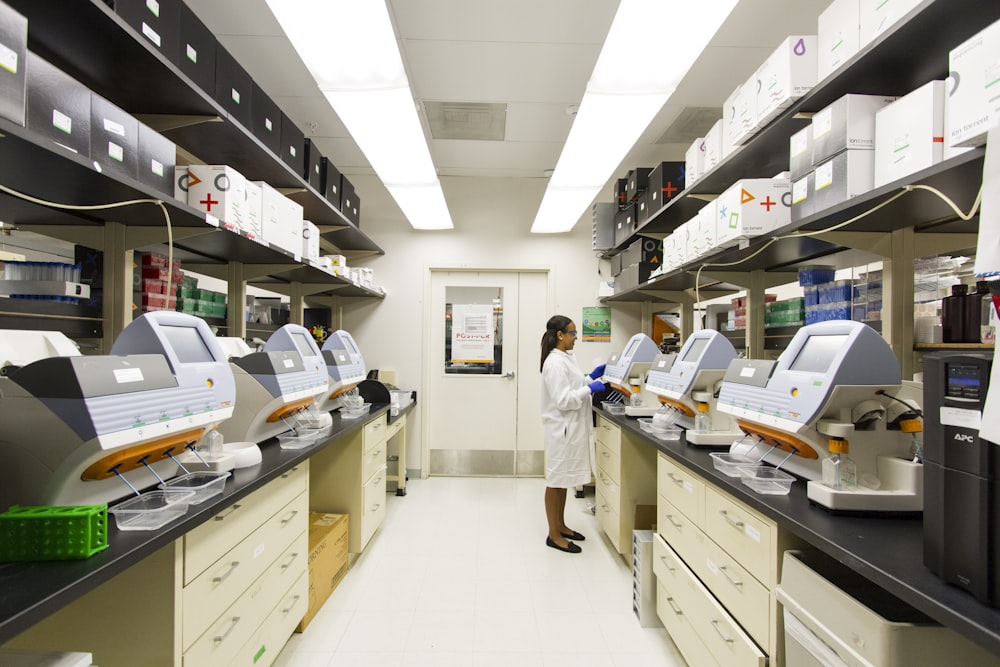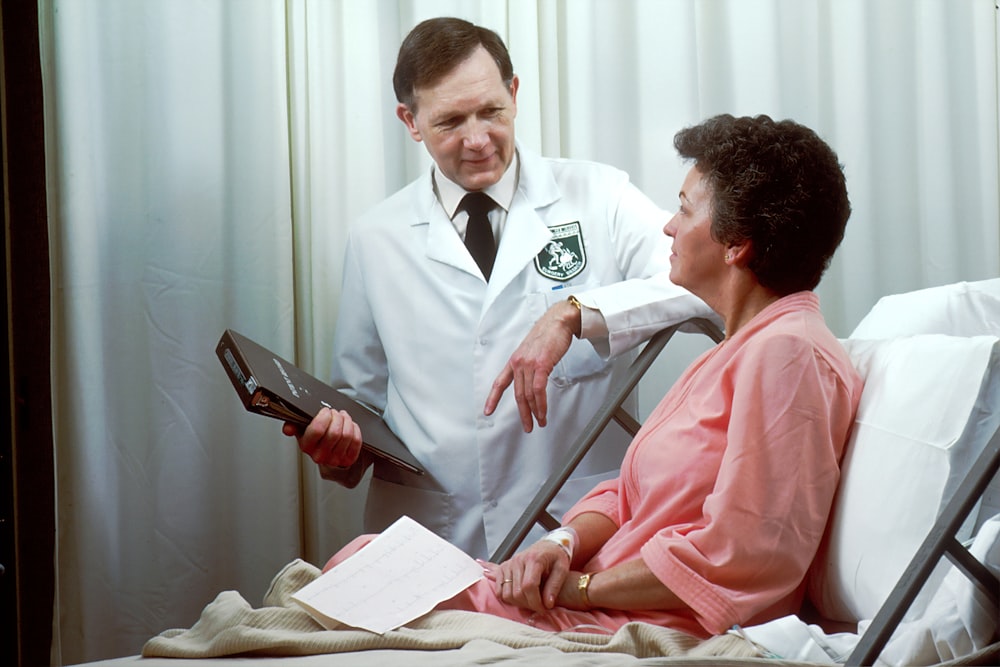
Sadly, colon cancer doesn’t garner the same attention as breast cancer with the latter’s Pink October campaign. There’s no hype surrounding colon cancer, which is rather unfortunate since it is quite serious. Statistics indicate that colon cancer is the 3rd most common cancer in the US, with an estimated 140,000 plus people diagnosed annually.
In 2020, the World Health Organization shared that almost 2 million people globally were diagnosed with colon cancer. These chilling statistics indicate that this vicious cancer needs the spotlight. Everyone should be aware of colon cancer because early detection saves lives. Learn more about colon cancer below, and what you can do to help prevent it:
Defining Colon Cancer
Colon cancer is also known as colorectal cancer. This disease happens when cells in your colon or rectum grow rapidly and out of control. Often, people just call this illness colon cancer. Other names for it include bowel cancer or rectal cancer.
This disease gets its name from human body anatomy. The colon refers to your body’s large intestines or bowels. Meanwhile, the rectum is the passage or connection for the colon and anus. These areas are a critical part of your body because they remove waste from your body through excretion.
Polyps: Abnormal Growths in the Colon
At times, people can have abnormal tiny growths in their colon or rectum called polyps. These minute and harmless growths can sometimes turn into cancer when left unattended, though many polyps remain harmless. For this reason, you need to undergo regular screenings such as a colonoscopy if you’re 45 and older. When the specialists find polyps, they can remove these tiny growths before they become cancerous.

Is Colon Cancer Genetic?
5 – 10% of colon cancer cases are genetic (hereditary cases). If you have a family history of colon cancer, meaning any of your family members have been diagnosed with this disease, ask your doctor about conducting screenings at a younger age. Again, it is vital to do these checks so you can nip the problem in the bud before it escalates. Besides, treatments work best for early-stage colon cancer versus a form of metastatic cancer.
Signs and Symptoms of Colon Cancer
Regular screening is crucial because some people with early-stage colon cancer do not notice any symptoms. When the symptoms appear, the signs can vary based on the disease’s size, location, and severity. There are, however, some symptoms of colon cancer you can watch for. Some of the symptoms of colon cancer include one or more of the following:
- Persistent change in bowel movements, such as loose bowels or constipation
- Rectal bleeding or presence of blood in the stool
- Changes in the consistency of stool
- Persistent abdominal pain and discomfort such as cramps or gas
- Feeling as though your bowels do not empty completely
- Unexplained fatigue and weakness
- Sudden weight loss
Preventing Colon Cancer
If you notice any persistent symptoms that make you feel uneasy, schedule an appointment with your primary care physician right away. The earliest possible treatment can spell the difference between life and death with cancer. Cancer therapies may include surgery, radiation, chemo, immunotherapy, and other drug treatments.
Thankfully, you can take steps to prevent or delay the onset of colon cancer. Take note of these helpful tips so you can take better control of your health:
Stay Vigilant With Screenings and Stool Examinations
Getting regular colonoscopies, especially if you have a genetically higher risk of developing colon cancer, is one of the ways you could protect yourself. Screenings could help you catch cancer early when it’s most treatable. Screening can also prevent the onset of cancer by cutting out abnormal growths like polyps.
Typical annual screenings include FOBT or fecal occult blood test, which checks for the presence of blood in the stool. You can collect a stool sample at home, then send it to the lab. If findings look unusual, you may be recommended to get a follow-up colonoscopy, wherein a flexible tube with a camera is inserted inside the colon. Specialists can remove polyps and other suspicious growths concurrently.

Maintain a Healthy Weight
Studies show that being overweight can increase your predisposition for colon cancer. In addition, the added weight taxes your organs, leading to more wear and tear. Ideally, you should maintain a healthy body mass index based on your height. In addition, it would help to incorporate exercise to lose excess weight. It’s not mere vanity to worry about weight but a necessity because it can impact your quality of life.
Quit Smoking
It goes without saying that smoking is bad for you. It’s not just terrible for the lungs, it also promotes heart disease and stroke. Moreover, inhaling carcinogenic chemicals can stimulate the onset of colon cancer. So if you truly want to become healthy, kick your nicotine habit to the curb.
Stay Physically Active
Exercise lowers the risk of serious diseases like diabetes, heart disease, hypertension, and colon cancer. You must aim for at least 30 minutes of moderate activity each day. Movement helps your body stay fit and strong. Do things you enjoy like dancing, walking, cycling, etc.
Limit Your Alcohol Intake
Liver cirrhosis is not the only thing you have to worry about with alcohol intake. Since the liver processes the alcohol and excretes toxins via your colon and rectum, you must avoid excessive consumption. Moreover, taking in a lot of alcohol increases your risk of colon cancer. Therefore, heavy drinkers should consider cutting down or quitting altogether.
Limit Meat Consumption
Eating too much red meat will increase your risk for colon cancer. You also up the ante and raise the risk even more if you frequently consume processed meats like hotdogs, spam, sausage, bologna, or even bacon. These processed meats contain tons of chemicals. And all of them will pass through your stomach and end up in your rectum. So for best results, do not eat more than three servings of meat a week.
Consider Supplementation
Studies suggest that getting 1,000 mg of calcium and1,000 IU of vitamin D per day can have a protective effect against colon cancer. However, those who rarely drink dairy or barely see the sun can experience a vitamin D deficiency. Additionally, a multivitamin with folate can also help lower the risk of colon cancer.
Staying Proactive and Reducing Your Risk
Though colorectal cancer is highly preventable, you still cannot control certain risk factors such as old age, family history, and the presence of chronic illnesses like IBS (inflammatory bowel disease). Fortunately, you can mitigate these risks by staying vigilant.
For starters, control what goes on in your mouth because everything you eat goes through your colon and ends up in your rectum. Furthermore, make exercise a priority to ensure your body is fit and strong. Above all else, take screening seriously if you have a family history of cancer.
Apart from the standard stool exams noted above, you can also consider taking an at-home DNA test such as CircleDNA to find out if you have any genetic risk factors, or carrier gene mutations. Staying informed about your cancer risk will help you make educated lifestyle choices to protect yourself, assuring your health stays at the optimum level.







Comments are closed.